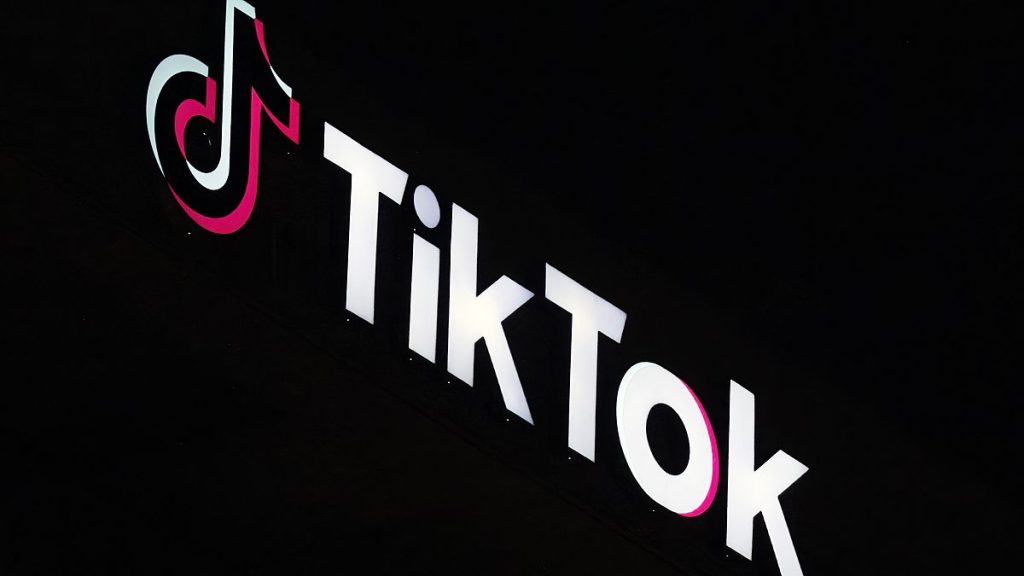The fate of TikTok, the popular short-form video app, hangs in the balance as the US Supreme Court hears arguments on a law mandating its sale or outright ban. This case represents a critical clash between free speech principles and national security concerns, raising complex questions about the government’s authority to regulate online platforms with ties to foreign entities. Congress passed the legislation last year with bipartisan support, driven by anxieties over TikTok’s Chinese parent company, ByteDance, and the potential for data access or manipulation by the Chinese government. TikTok has warned of a potential shutdown by January 19th should the Supreme Court uphold the law, adding urgency to the proceedings. The court’s decision will have significant ramifications for the future of online expression and the relationship between technology and national security.
A key argument put forth by TikTok, its content creators, and users is that the law constitutes a severe infringement on the First Amendment’s guarantee of free speech. They argue that the government has failed to present concrete evidence of data breaches or manipulation by the Chinese government, asserting that restrictions on speech should not be based on speculative future risks. This highlights the tension between protecting national security and safeguarding constitutional rights, forcing the court to weigh the potential harms against the importance of free expression in a digital age. The sheer number of users and content creators affected further underscores the significance of this case for the online community.
The Biden administration, defending the law, contends that China’s control over TikTok through ByteDance poses a grave threat to national security. They raise concerns about the potential for the Chinese government to compel ByteDance to surrender user data or utilize the platform for propaganda or censorship. However, TikTok counters that the government has not provided any evidence of such actions. This discrepancy between alleged threats and demonstrable evidence forms the crux of the legal battle, with the Supreme Court needing to determine whether the potential risks justify the significant restrictions imposed by the law.
Adding another layer of complexity to the case is the unusual intervention of then President-elect Donald Trump, who requested the court to postpone its decision to allow his incoming administration time to seek a “political resolution.” This unprecedented attempt to influence a pending Supreme Court case raises questions about the separation of powers and the court’s independence. It remains uncertain whether the justices will consider Trump’s request, but its presence underscores the politically charged nature of the case.
The Supreme Court is facing the challenge of ruling on a medium with which it has limited familiarity, a recurring theme in cases involving emerging technologies. Despite this, the justices must grapple with the profound implications of their decision for the future of online platforms and the balance between free speech and national security. The two hours allocated for arguments are likely to be insufficient to fully explore the complexities of the case, highlighting the enormity of the task before the court.
The TikTok case represents a pivotal moment in the ongoing debate over the regulation of online platforms. The Supreme Court’s decision will have far-reaching consequences, potentially shaping the future of online speech, the relationship between technology companies and governments, and the balance between national security concerns and individual freedoms. The court’s ruling will set a precedent for how similar cases involving national security and online platforms are handled in the future, making it a landmark decision for the digital age. The outcome will be closely watched by technology companies, governments, and internet users alike, as it will set the stage for the future of online expression in an increasingly interconnected world.














